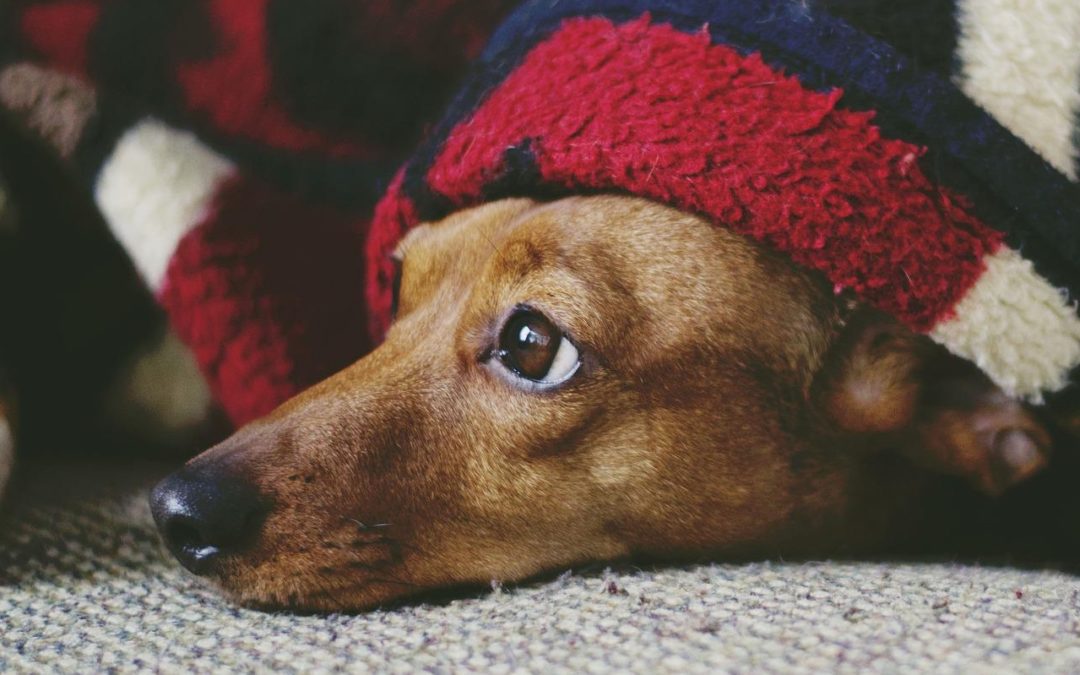
In early February, 2022, my family got COVID.
For five days, my wife and two children had the symptoms of a mild cold while I barely experienced anything at all. I remarked at how excellent my immune system was — that all I got was a headache, a low-grade migraine of sorts, a very slightly raised temperature, and a few achy joints. But, while my family’s symptoms abated, after those five short days my headaches stayed on, and on, and on….
Ten years prior, I had stopped drinking coffee and only ingested caffeine when I felt a migraine coming on. In light of these lingering headaches, I started drinking coffee every day. I could still function, thankfully, but the low-grade migraines were with me day and night.
I also started to notice that I had brain fog. This can be an ill-defined term, but in my case I noticed that the most beloved part of my mind was gone. My intuition — the ability to ask an inner question and have an answer arise from my inner wisdom — was just gone. It felt as though, if my mind was a house, I would open the door to the study but there was nothing there, just blank empty space instead of a room. It was strange and disconcerting.
I also began noticing that after a day of work I would be in bed by 7pm (as opposed to my normal 11pm.) And, if I had a strenuous evening, like after Brazilian Jiu Jitsu training, my headache would be especially bad for the next few days.
After two months of coffee drinking, I realized it was not moving me towards healing the root cause of my problems and stopped. That’s when the crashes REALLY started to happen.
Unable to access any one-on-one medical help from the Long COVID Treatment Centre, I was directed to their website by my doctor. There I found a power-point presentation about “pacing.” In only a few minutes of watching I understood the gist: If I’m tired, take a rest. If I’m hungry, eat. If I have energy, work.
And boy oh boy, was I ever tired! I made the decision to focus on healing and, begrudgingly, cleared my calendar of new projects. That, sadly, included cancelling a beloved body-centered Kabbalah study group I had been planning to launch for months. I stopped paying attention to growing my website and social media presence, and trusted that the seeds I had already planted would continue to grow while I recuperated. I worked minimally and spent about half of my days in bed. Unfortunately, I was haunted by an intrusive roommate: my iPhone.
Though there is a sense of refreshment that can come after a youtube, reddit, or Disney+ binge, it is really a refreshment of a much lower quality. While I was noticing this, it was hard to fully act on that noticing. Like many in our current culture, I have a relationship to my devices that can easily become imbalanced. Most fortunately for me, my wife does not.
Melina said to me after a few days, “Are you really able to recover when you’re on your phone so much?” It was such a gently-phrased question. Hearing that felt like hitting an island of clarity amidst a sea of self-delusion; I snapped out of it.
I brought my phone to my office at the University of Victoria, closed the door, and went home. All I had now was my incredibly boring flip-phone and my books — which never try to personalize my entertainment and keep me watching in order to sell me things! Now, I was finally ready to rest. And I did.
I rested and relaxed. I paid extra close attention to my hunger and thirst. I went for walks. I engaged with nourishing socializing when I was able. I worked until I was tired and then I took breaks. I also learned about The Spoons Theory from a doctor-friend and realized that I was at about 30% of my usual output capacity. So, I kept on resting — only working when I could — all while keeping my internet devices at the office (we have no TV at home and my wife’s devices are password protected — thankfully!).
And then, in what seemed like a miracle, my headaches started to lessen and then go away, only returning after I overworked myself. And, though it sounds cliche, I felt much more present. Gradually, amidst my new restfulness regiment, I started to feel more at ease without my intuitive sense. It dawned on me that I usually consulted my intuition for decision making around future-oriented or work-related tasks. In my healing, I did not need the future; I only needed the here and now.
The presence led to happiness. I felt joyful, in fact. No matter what our capacity for work, living well within its limits brings deep satisfaction. Despite my energy deficit, I was a noticeably more positive and fun dad than I had been in a long time. Also, I had been trying for years to maintain a sane balance with my tech devices. The pressure of Long COVID finally forced me to activate a simple solution: keep them away from the home! What a revelation, what a relief. I felt calm, centred and grateful. All I really need to know, I learned from Long COVID.
After a month of intentional resting, my natural energy level began to pick up. With careful attention to my exertion, the true healing is happening. As I am publishing this, I am close to fully recovered — may it continue!
Truly, resting when tired is the most natural human urge (as well as medical necessity). It should be a human right for everyone on earth.
And, my big takeaway I wish to share for those of us who have access to rest is: please do! Your contentment, satisfaction, clear-mindedness, and inspiration await. Pacing ourselves is the simplest medicine. I’m glad I got such a profound taste of it in my mid-30s. Going forward, the process is about living my regular, fully energized life with more alignment with my body and mind’s evolving needs. I plan to practice good technological hygiene and leave the devices where they should be: at work!
May we all find the routes to our highest productivity, our greatest contentment, and a truly balanced life.

